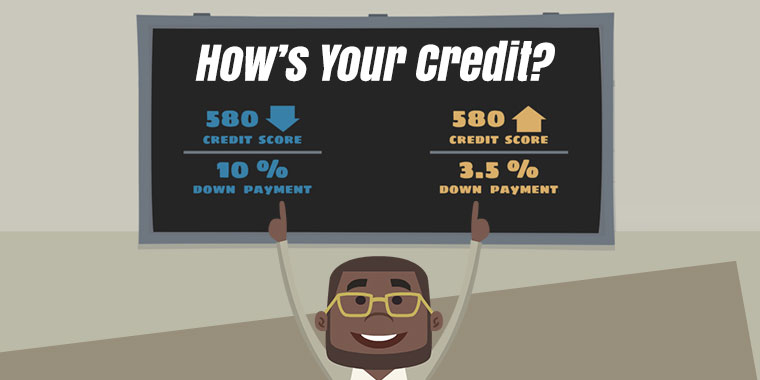Beyond the Break-Even With FHA Discount Points
April 30, 2025
Discount points are an option for borrowers willing to pay a fee to lower the interest rate by a set amount. This is not right for all borrowers, and you don't want to pay for points you won't benefit from during the loan term.
That's why it pays to ask some critical questions. Are you a first-time homebuyer feeling overwhelmed by the process? Do you anticipate changes in financial or housing needs in the coming years?
The discount point question can be complicated. Calculating break-even points, projecting long-term savings, and weighing the opportunity cost of your capital is time-consuming and requires dedication.
For some FHA borrowers, accepting the lender's offered interest rate without the added layer of points can simplify the transaction. Doing so lowers the risk of making a decision they don't fully grasp or later regret. Sometimes, keeping things simple is best, but not always.
An important factor when weighing your discount points options is the possibility of refinancing your FHA loan in the future.
Interest rates are subject to market shifts. If rates experience a significant downturn, you might be able to refinance your FHA loan at a more favorable rate. If you've already paid for discount points on your original loan, the financial benefit of that upfront investment could be entirely negated by a future refinance.
If you think you may refinance in the coming years, paying for discount points now introduces the risk of that cost becoming a "sunk expense." Not all borrowers fully comprehend the mechanics of how points work and the extended timeframe often required to recoup their cost.
While lenders are responsible for clearly explaining the costs and potential savings, it's equally your responsibility to ask questions and ensure you thoroughly understand the implications.
Discount points are best for those who plan to keep the home and the original mortgage long-term. If that doesn't sound like you, avoiding paying for discount points may be best.
Remember, the goal is not just to get approved for the FHA loan, but to secure a loan that serves your long-term financial needs. Weigh the cost of buying points against the uncertain future benefits of doing so. Make your financial health the priority.

FHA Loan Articles
August 14, 2023FHA loans typically require a minimum down payment of 3.5% of the purchase price of the home with the right credit score. This means that if you're buying a house for $240,000, you would need to make a down payment of at least $8,400.
August 10, 2023FHA loans have specific rules and requirements for borrowers who have filed for bankruptcy. The guidelines can change over time, so it's essential to consult with a qualified lender or FHA-approved counselor for the most up-to-date information.
August 3, 2023FHA loans are primarily designed to help individuals and families purchase homes for use as their primary residences. Rules for these loans generally discourage their use for investment properties or rentals. However, there are exceptions that come with strict rules.
July 29, 2023One crucial aspect of FHA loans that borrowers need to understand thoroughly is debt ratios. In this article, we look at how they can impact your ability to secure financing for your dream home. Debt ratios help lenders understand a borrower's creditworthiness and any risks associated with the loan.
July 21, 2023Investing in a multi-unit property can be an excellent way to build wealth through rental income and property appreciation. FHA multi-unit property loans make this opportunity more accessible to a broader range of individuals. You must occupy a unit as your primary residence within 60 days of closing the loan.







